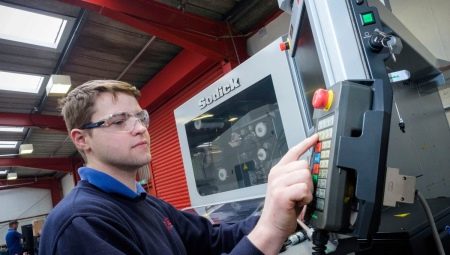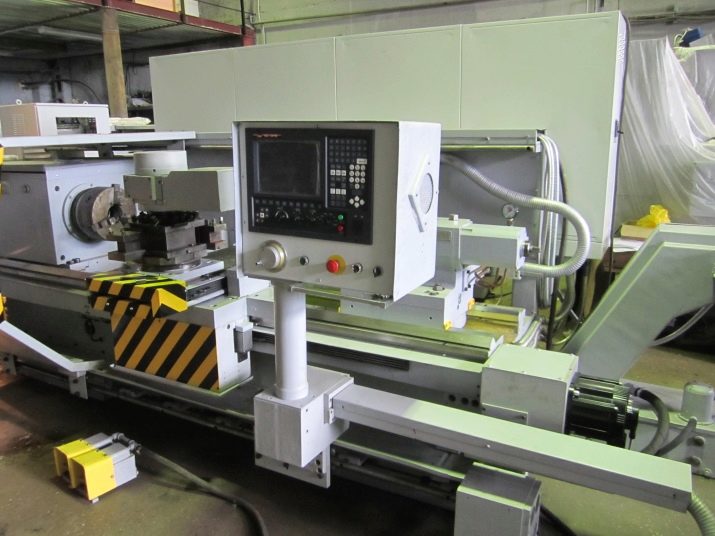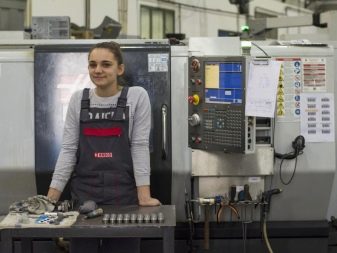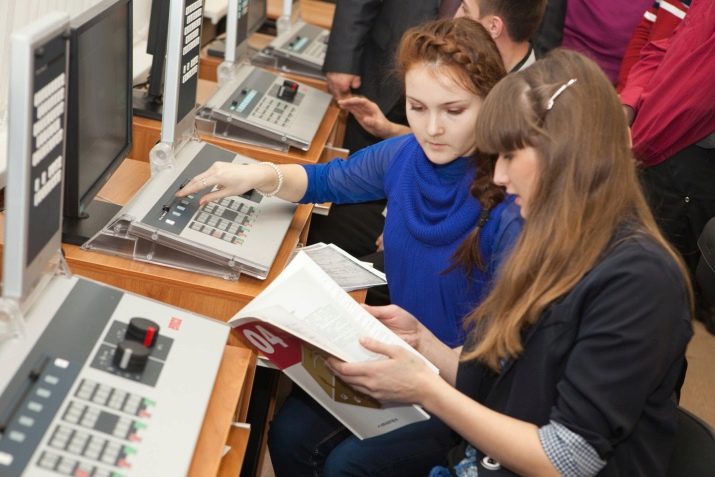CNC programmer: the specifics of the profession and job responsibilities

Modern milling and turning machines with CNC are controlled by the program method. For them to work, you need to run a certain code. Programming is rather complicated, and only a specialized programmer can do it. To work with code, you must have the appropriate education.
The specifics of the profession
The job of a CNC programmer is quite difficult and demanding. The technologist must be proficient in a special programming language. It is based on code that machines understand. The machine operator must undergo not only training, but also practice. The profession has appeared quite a long time ago, so there are many ways to master it.
It is worth noting that it is impossible to learn how to write programs for milling and turning machines on your own. Only a professional with the appropriate special education can work in production. A special program allows you to machine a part on the machine in a certain way. The material and the technology for working with it, the desired final form of the element are prescribed.
One operator can work with several machines at once, which increases productivity.

Job responsibilities
Today, other programs are used to write a program for a machine tool. This significantly speeds up and simplifies the process, however, the activity of a specialist is still difficult to call simple. The duties of a CNC programmer are as follows.
- Development of models and technical processes by which elements are produced on a machine.
- Creation, implementation and customization of programs for CNC.
- Debugging of code and control of equipment operation.
- Control over that the parts comply with the requirements of design documents.
- Consultation and training of other operators.
- Creation of archives with programs. It is necessary to monitor their safety.
- Direct participation in the process of purchasing new equipment, its first use.
- Drawing up technical documentation.


Education
To gain knowledge, you can enroll in a specialized technical school. An alternative is to take a training course for CNC operators. The latter usually organize production facilities that want to recruit specialists. Such training is especially good because you can immediately work with the machines.
While studying at a technical school, you can get basic knowledge of programming with CAD and CAM systems. It should be noted that graduates of educational institutions can work as both CNC programmers and debuggers. After graduation, specialists have such skills.
- Working with AutoCAD.
- Knowledge of milling and turning machines.
- Management of all technological processes. Understanding of the basics of the CNC machine control system.
- Ability to configure industrial equipment in the CAM and CAD systems.
The specialist must know English well. This is a must for understanding technical documentation. In modern technical schools, CNC programmers are taught in a complex manner, so it is quite easy to get a job later. The main thing is that there are no problems in production when getting to know the equipment.

When developing a training system, modern requirements must be taken into account. In the turning center, milling and turning machine programmers are trained for 3 months and longer. You can master a profession at any age. It is convenient to take courses organized by the plant with further employment.








